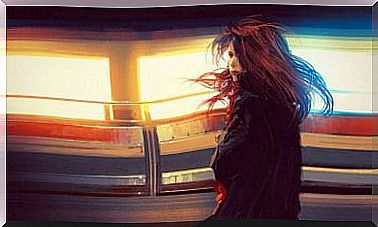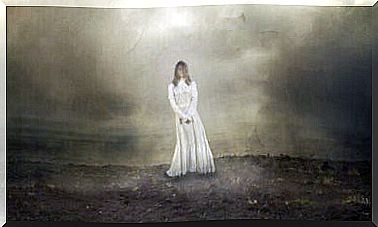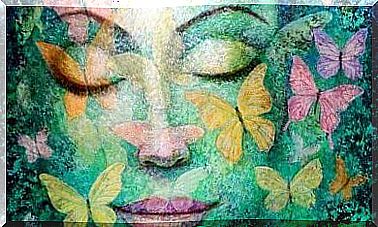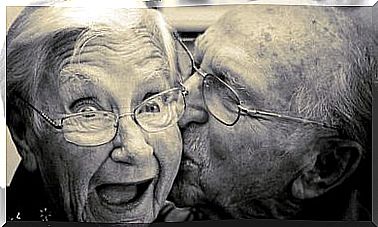When Norms Are In Control: What Does It Do With A Group?
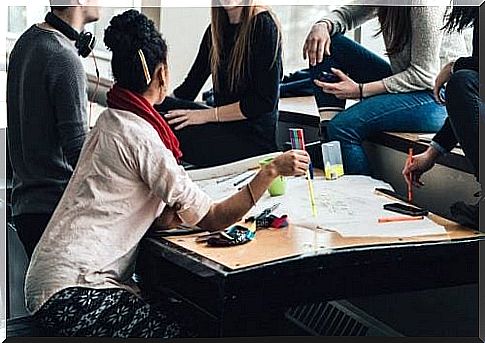
Norms are ideas. They are ideas that live in our minds and tell us what to do. They can also express what is expected of us, and in general they are shared. All groups have them and they are not harmless. In fact, when norms are in control, they can play a large role in how each member of the group feels, thinks and acts.
When group identity is important and norms are in control, group norms will guide people’s behavior. For example, you walk down the street and you meet a homeless person asking for money. Maybe you give them a little, maybe you do not. But if you are part of a charitable or religious group with a rewarding norm, you will probably give them something. You would do that because the act of giving is a norm in your group.
When norms are in control
This is how norms are created
A group can explicitly determine its norms, an agreement between the members. They can also come from how people behave. When the other members imitate certain behaviors, they become group standards. Team members can emulate them either because they have a purpose or because they help the group survive.
But these are not the only ways norms come about. They can also develop in a much less democratic way. Sometimes it is the leader of the group who chooses them.
It can also be a prototypical member of the group who inadvertently creates them. This happens when a particularly representative member stands out to think, feel or act differently. This leads to tension that is resolved when the other members make the new behavior a norm.

The two types of norms
There are two types of norms that can exist in a group: descriptive and prescribed. Descriptive norms are those that deal with the group members in a given situation. When you do not know what to do, look for help in how other people behave. Therefore, you may end up imitating them. So, if they support you after you imitate them, you will probably continue to do so. Therefore, these norms are formed when people imitate the most important members of the group.
Prescribed norms have to do with which group members approve or do not approve. These tell you what you can and cannot do. They are like morality: they show you what is right and what is wrong. Groups motivate these norms through their own rewards and punishments. They punish all who do not follow them and reward those who do.
The function of norms
The group’s norms have many different functions. On the one hand, there are individual functions that individually affect each member of the group. Then it is the social functions that affect the group and all its members. The most important individual function they have when norms are in control is to give you a specific worldview. The group’s norms are in control and tell you how the world works and how one thinks, feels and acts in that world.
There are certain purposes that are worth mentioning regarding their social function. One of them is that they regulate relations between the members. They tell you how to act around everyone. They also make it clear what the group’s functions and goals are. Finally, they help maintain group identity.

The black sheep effect
But norms, as rules, are there to be destroyed – at least some of them are. Group members will always have the opportunity not to follow them. When this happens, most groups have people trying to stop them. What they usually do here is slander members who do not respect norms. On the other hand, members who respect norms (perfect prototypes) come out on top.
We call this the black sheep effect. The point of denying them is to get rid of group members who make a negative contribution to their social identity. There were two recent examples of this in Spain.
When some Catalans mobilized for independence, they broke norms. Some people (not all) with a national identity reacted by belittling them. They sat on the side that wanted Spain to be a united country. The opposite also happened: some Catalans with a strong Catalan identity slammed advocates of a united Spain where norms are in control.
